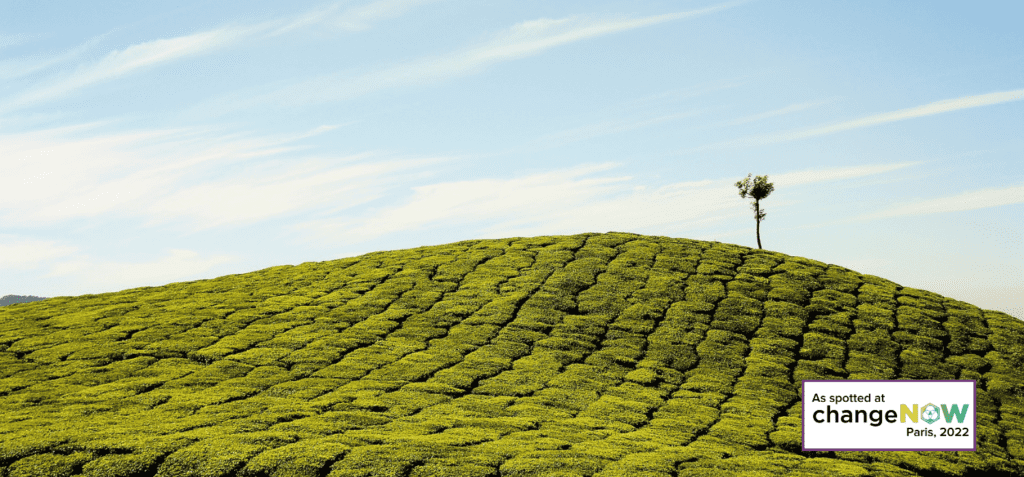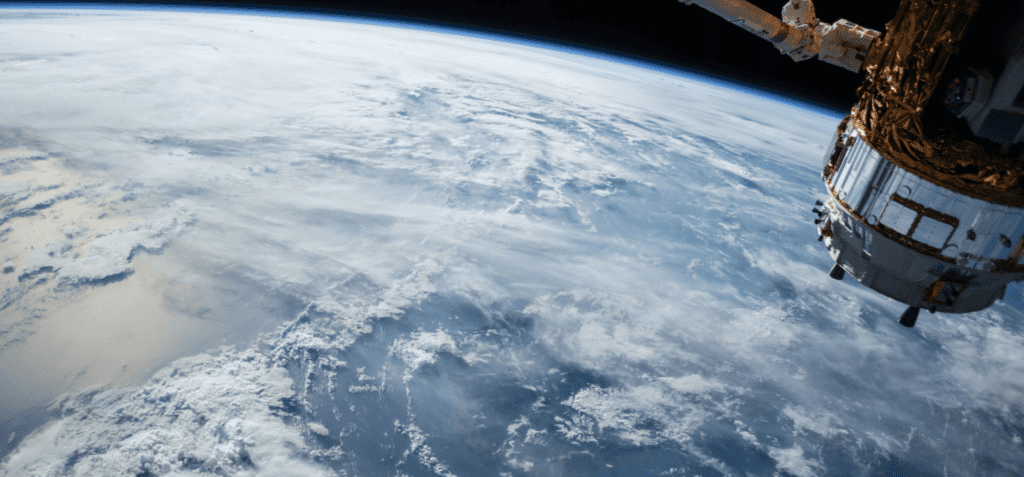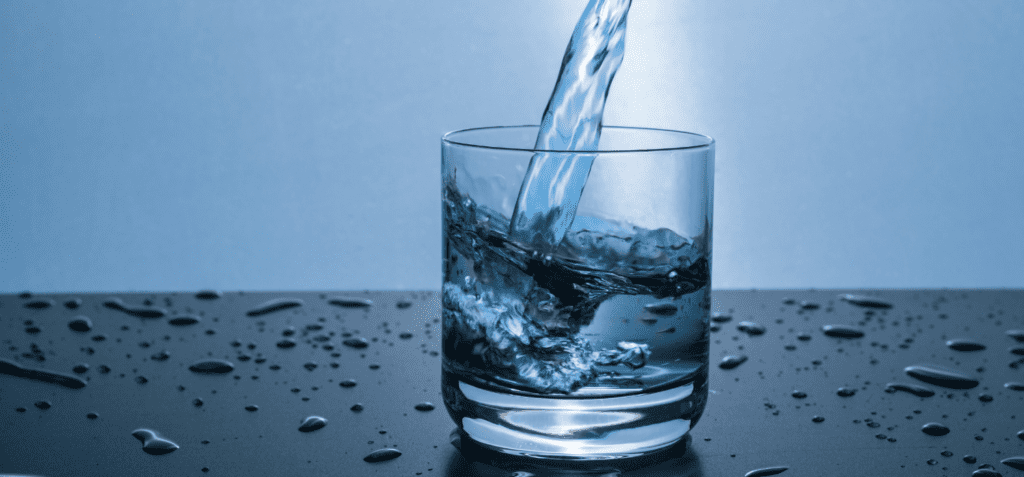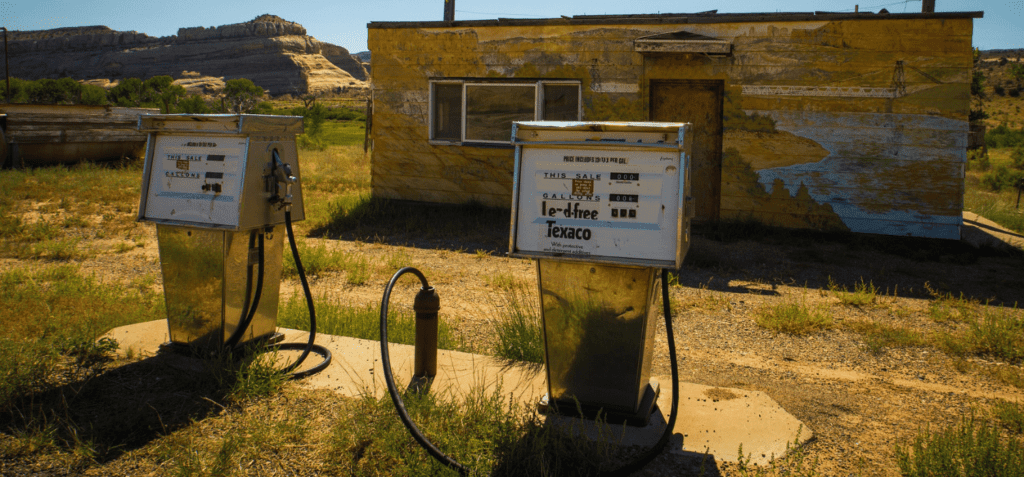Global innovation spotlight: Tunisia – Springwise
Global innovation spotlight: Tunisia
Global Innovation Spotlight
Reflecting our global Springwise readership, we explore the innovation landscape and freshest thinking from a new country each week. This week, we’ve headed to North Africa…
Tunisia Innovation Facts
Global Innovation Index ranking: 71st
Climate targets: a ‘conditional’ emissions reduction target of 45% below 2010 levels by 2030, an ‘unconditional’ target of 27% below 2010 levels over the same period.
Sustainability challenges:
Waste Management – Tunisia’s waste management system struggles to cope with the 2.5 million tonnes of waste the country produces each year. Region-wide issues, such as high temperatures, are compounded by issues specific to Tunisia, such as a proliferation of illegal dumpsites for industrial and domestic waste. And Tunisian landfills do not meet the sanitary standards found in other parts of the world.
Pollution in the Gulf of Tunis – Marine ecosystems in the Gulf of Tunis are heavily impacted by domestic and industrial waste. In late 2021, about 3,000 people protested along the four most polluted beaches in the southern suburb of Tunis. Around 95,000 m3 of wastewater is treated in the suburb each day, with a significant proportion being discharged directly into the sea.
Vulnerability to climate change – Although it has improved its resilience in recent decades, Tunisia remains highly vulnerable to climate change, and is expected to experience negative impacts from rising temperatures and lower precipitation. The country is particularly vulnerable in regards to water security, agriculture, and livestock health.
Sector specialisms:
Software and data
Fintech
Social and leisure
Source: StartupBlink
Three exciting innovations from Tunisia

SOFTWARE AND ROBOTS HELP SMALL FARMERS IMPROVE AGRICULTURAL MANAGEMENT
The world will face increased water shortages and food supply challenges in the coming years. And Tunisia is particularly vulnerable to tensions for water resources between agriculture and humans. Ezzayra provides software and hardware solutions that allow farmers to get the most out of their fields. Their products include software and hardware to improve irrigation and fertigation, and a field robot able to perform the same tasks as a tractor. Read more.

BEEHIVE MONITORING TECHNOLOGY FOR HEALTHIER BEES
It has been over 170 years since the modern beehive was introduced, and beehive management hasn’t changed significantly since. And while apiculture has changed little, honeybee populations have been in decline in due to disease, pesticides, and habitat loss. As a result, farmers are increasingly relying on man-made methods of pollination. But these are unlikely to be sustainable in the long run. Iris Technologies has developed sensors that measure temperature and humidity to optimise bee health and honey production, while also tracking bee movements and foraging patterns. Read more.

IOT SYSTEM TRACKS REAL-TIME ENERGY CONSUMPTION
It’s often easiest to understand something when it is made visible. Tunisian company Wattnow is using that premise to help businesses and individuals maximise the efficiency of their energy usage. The Wattnow platform provides a visual monitoring system for all energy points in a building. This system makes it easy to see where the most use is occurring. Read more.
Words: Matthew Hempstead
To keep up with the latest innovations, sign up to our free newsletters or email info@springwise.com to get in touch.
6th May 2022





















